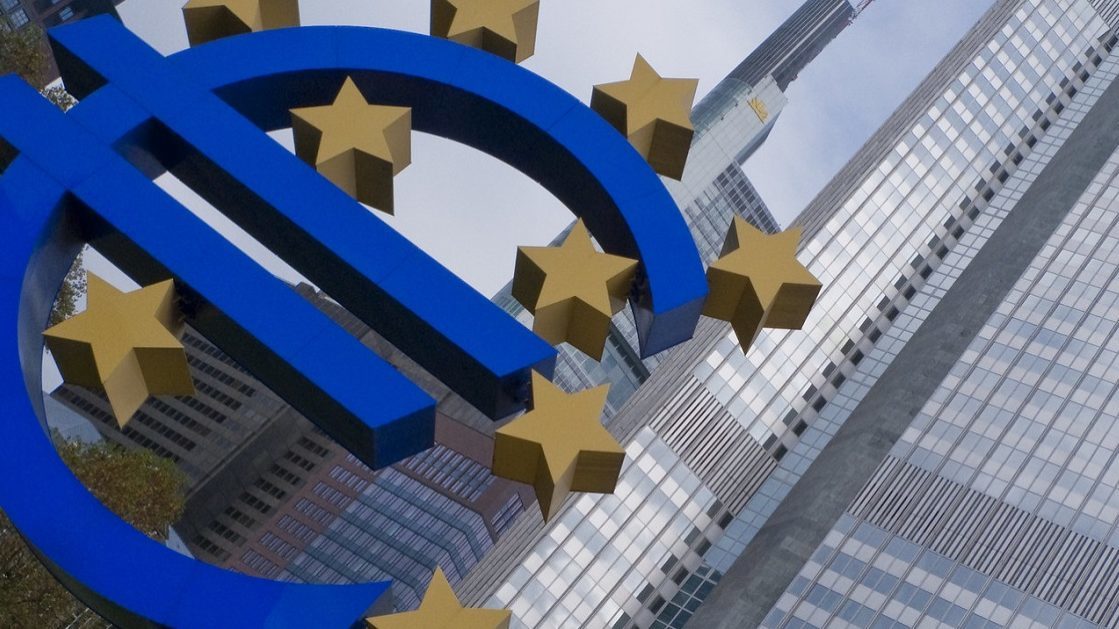In 20 years, the stock market has lost two-thirds of its listed companies. It’s only worth 30% of the economy
Unlike other countries, most exits from the stock market took place until 2008. After the crisis, it was companies with weaker performance, more indebted and less liquidity that left.
The drop in entries, along with the increase in exits, has led the Lisbon stock exchange to lose two-thirds of its members in two decades. If bankruptcies were decisive for part of the companies, most of the exits were voluntary and were due to the low liquidity of the market, according to the analysis of the Organization for Cooperation and Development (OECD).
“In the last two decades, the number of companies listed on the Portuguese stock market has decreased by two-thirds, from 148 to 55,” says the organization’s report on the national market, released this Thursday. “Just as an IPO is a natural step in a company’s life cycle, exit can be a rational choice at a certain point in a company’s life,” the OECD stresses.
The Portuguese capital market experienced “important changes” during that period, starting with the merger between Lisbon and Porto in 1999, which led to the stock exchange bought by Euronext three years later.
After a decade of prosperous IPO, the stock market reached 1997 with a peak of 148 listed companies, but since then, the trend has been reversed: “Since 2000, there have been very few new listings with only 16 companies going public, while a total of 91 companies have left all segments of Euronext Lisbon,” points out the OECD, underlining that since the turn of the millennium in just two years – 2008 and 2015 – there have been more entries than exits from the stock market.
In addition to the drop in the number of IPOs, size has also retreated. In the 19 IPOs registered between 1996 and 2003, 6.4 billion Euros (at an average of 339 million each) were obtained. In the following period, between 2004 and 2011, six companies raised 4.1 billion, with an average of 686 million. Since 2012, there have been only four IPOs and a total of 717 million brings the average per transaction to only 179 million euros.
Highly indebted and poor liquidity: this is how companies go out of the stock market
The combination of the two factors has led to “the Portuguese capital market having one of the lowest market capitalization ratios to GDP in the Eurozone,” it says. The stock market’s representation in the economy fell to 30% in 2018, from 52% in 2007. “At the same time, the liquidity of the secondary stock market has been on a downward trend since 2008”.
In fact, the reduced liquidity and size of the Portuguese stock market have generated a kind of vicious circle. Although some companies were forced out because of bankruptcies or by the regulators’ decision or the stock market, “most of the exits were actually voluntary”, explains the OECD. “Among the companies that went out by shareholder resolution, all but one mentioned low liquidity as a significant reason in the decision. The second most important was insufficient recognition and interest from investors.”
Compliance costs and commissions were also an important reason, but no company cited financial reasons as the main cause. The organization explains that, contrary to the trend among the other countries, most exits from the stock market took place in the period before 2008. And it stresses that there are differences in profile.
Those listed before the crisis were smaller than the pairs, less profitable and with less capacity for sales growth. After the crisis, these are companies with the same size as the pairs, but with three characteristics: weaker performance, more indebted in the long term and with low net worth stocks.


